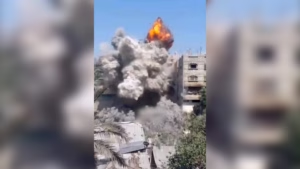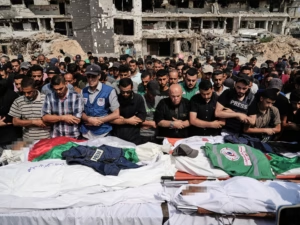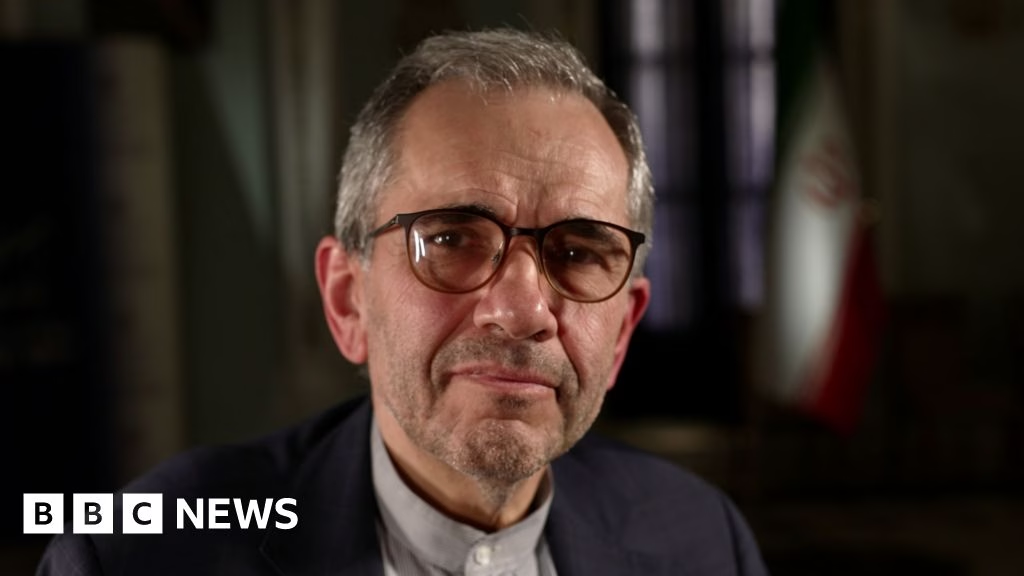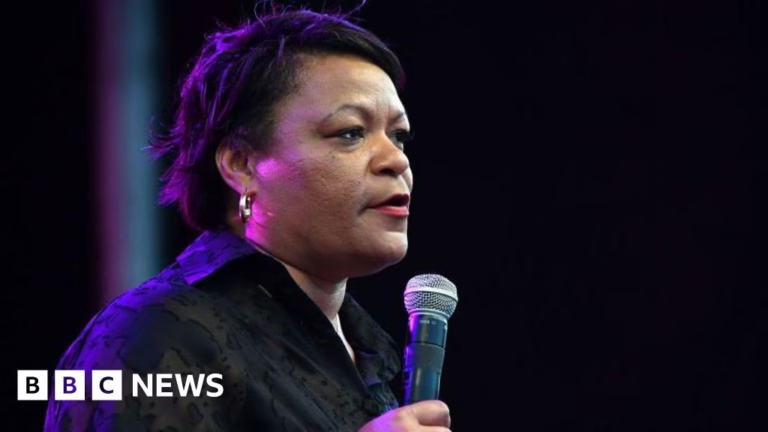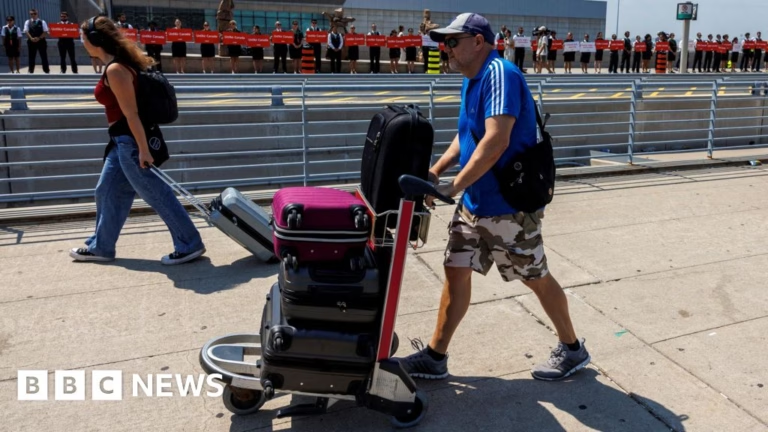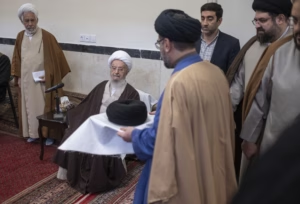Talks currently stalled at the sixth round, which were planned to take place in Muscat, were derailed by an Israeli military operation initiating on 13 June. The United States directly engaged in the conflict between Iran and Israel last weekend by targeting three Iranian nuclear sites in a bombing raid.
“The level of that can be discussed, the capacity can be discussed, but to say that you should not have enrichment, you should have zero enrichment, and if you do not agree, we will bomb you – that is the law of the jungle,” stated the deputy minister, criticizing the demands placed on Iran regarding enrichment levels. He added that Israel has been targeting nuclear and military sites, assassinating commanders and scientists, with the claim that Iran was close to developing a nuclear weapon, to which Iran responded with missile attacks. The conflict lasted for 12 days, and saw the US dropping bombs on three of Iran’s nuclear sites: Fordo, Natanz, and Isfahan.
Rafael Grossi of the International Atomic Energy Agency (IAEA) said that the strikes caused “severe but not total” damage. Suspicion exists about the extent of damage to Iran’s nuclear program due to US strikes, a point on which Takht-Ravanchi was unable to provide a specific assessment. He also expressed uncertainty about Iran’s potential to start enriching uranium again soon.
A strained relationship between Iran and the IAEA has been noted, with Iran’s parliament now considering suspending its cooperation with the atomic watchdog. Concerns persist over future US military action against Iran contingent on Iran’s ability to enrich uranium. Takht-Ravanchi stated that there is currently no set date for resumed talks and that any dialogue would require reassurance that aggression would not accompany negotiations.
In response to suggestions that Iran might reassess its nuclear program in the face of sanctions relief, Takht-Ravanchi underscored that it is committed to the peaceful intention behind its program. Under the 2015 nuclear deal, Iran was not permitted to enrich uranium beyond 3.67% purity, nor conduct any enrichment at its Fordo plant for 15 years. Trump’s withdrawal from this deal in 2018 and reinstatement of US sanctions led to Iran’s gradual breach of these terms, including resuming enrichment at Fordo in 2021 and accumulating enough 60%-enriched uranium potentially amounting to nine nuclear bombs, according to the IAEA.
Takht-Ravanchi criticized European and Western leaders for what he called a “ridiculous” support of US and Israeli strikes. He contended that they should address how Iran has been treated and criticize the US and Israel instead. The interviews also revealed that Iran had been receiving messages indicating that the US does not aim to instigate regime change in Iran, contrary to Israel’s calls on Iranians to overthrow their leadership. Takht-Ravanchi dismissed this idea, stating that while there may be criticism of the government, foreign aggression would unite Iranians in opposition. Although the ceasefire lasted, the deputy minister said Iran is ready for dialogue and diplomacy while staying vigilant to avoid future surprises. Iran’s Arab allies in the Persian Gulf are also working to foster a dialogue-conducive atmosphere, with Qatar playing a crucial role in brokering the current ceasefire arrangement.
Another development includes Lyse Doucet, a reporter, being allowed to cover events in Iran on the condition that her stories not be used by the BBC’s Persian service. This requirement, imposed by Iranian authorities, affects all international media operating in the country.
